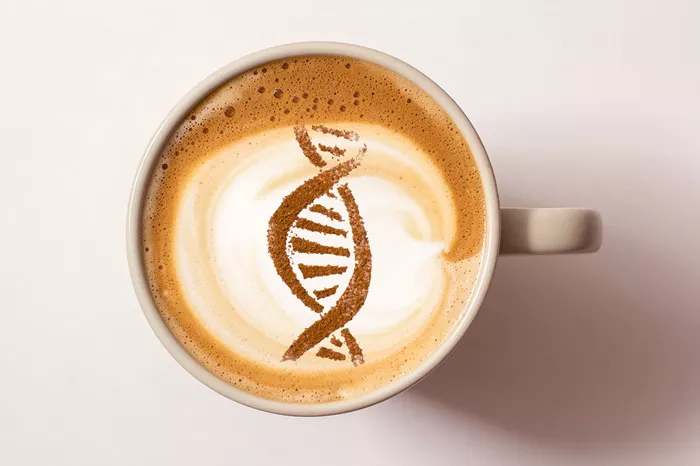A recent study published in Neuropsychopharmacology reveals that genetics significantly influence coffee consumption, a popular beverage enjoyed worldwide for its stimulating effects. Researchers investigated the heritability of coffee drinking, linking it to genetic factors associated with caffeine metabolism.
Analyzing data from over 460,000 participants in two cohorts—23andMe and the UK Biobank—the study identified seven genetic loci connected to coffee intake. Notable genes, including CYP1A1 and CYP1A2, play crucial roles in how quickly individuals process caffeine.
Findings also indicate genetic correlations between coffee consumption and behaviors related to smoking, alcohol, and cannabis use, suggesting shared genetic mechanisms. Additionally, links between coffee intake and obesity-related traits were noted, although the relationship is complex.
The study highlighted cultural differences, revealing varying genetic associations between U.S. and UK participants regarding anxiety and cognitive traits.
While the research emphasizes genetic influences, it clarifies that coffee itself is not directly responsible for negative health outcomes. Future investigations should explore these genetic connections across diverse populations to deepen our understanding of coffee consumption behaviors.


